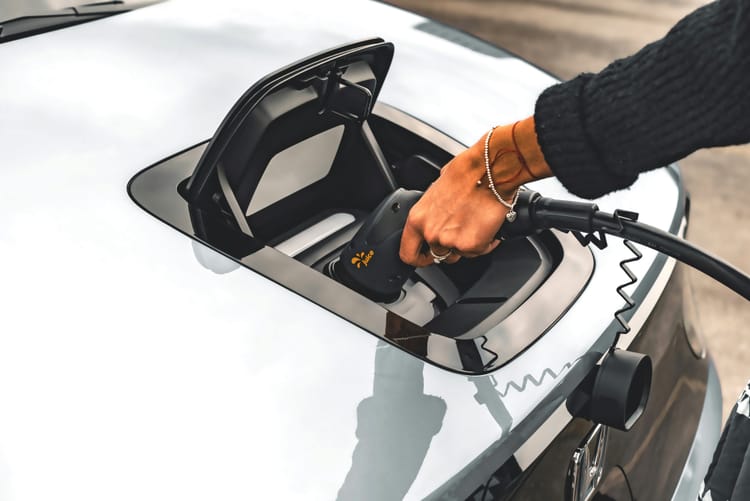Carbon capture industry calls for clarity on UK-EU ETS linkage
“Negotiations on the recognition of cross-border CO2 transport and storage must advance as quickly as possible."

More than 50 players in the carbon capture, utilisation and storage (CCUS) industry have called on the UK and EU to provide clarity on how linking their respective emissions trading schemes (ETS) will support them.
The EU and UK agreed to link their respective ETS systems in May 2025, in order to avoid extra costs for UK exporters. The deal also paved the way for cross-border carbon storage, with a clause allowing EU emitters to store carbon in the UK and vice-versa.







